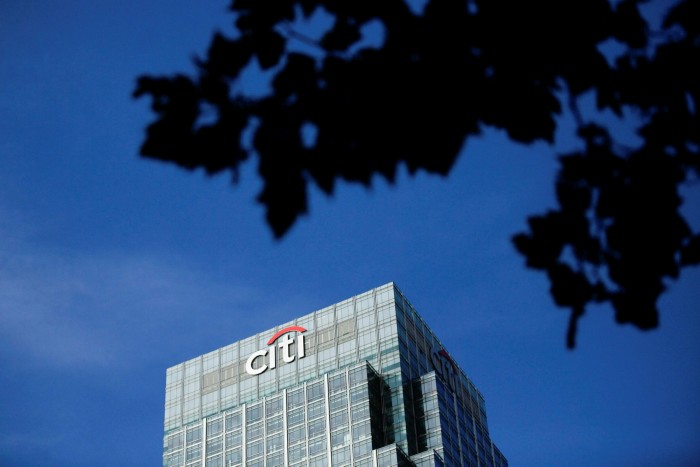Chief sustainability officers prosper as ESG risks mount

Simply sign up to the Work & Careers myFT Digest -- delivered directly to your inbox.
Not so long ago, chief sustainability officers were a corporate novelty. “Is this a fad or a role that will endure?” asked a Financial Times think-piece in 2011.
By now, the answer is clear. The CSO has become a crucial member of the management team, a rise reflecting sustainability’s increasing prominence on the corporate agenda.
That, in turn, has changed the mix of skills demanded. While the ability to manage climate risks and to navigate an ever tougher regulatory landscape is vital, so too is expertise at handling corporate matters at the highest level.
Rachael De Renzy Channer, who leads the sustainability practice at executive search firm Egon Zehnder, says “the requirement for deep climate expertise” is less important than it used to be. “It is actually the ability to operate at the C-suite [level], to have those conversations with the CFO [chief financial officer] about reporting,” she says.
Ten years ago, corporate CSOs often came into the role from the investor relations or human resources departments, says Scott Atkinson, a partner at executive search firm Heidrick & Struggles and co-head of its sustainability practice. These were people who “raised their hands” to say they were interested in sustainability.
Now, “a lot of [the job] has to do with what is most material to the business and what is the strategy,” Atkinson observes. CSOs “need to be able to speak to legal issues, supply chains and also being able to sit within the boardroom and articulate a vision to the board.”
Last year, 28 per cent of 1,640 public companies surveyed by management consultancy PwC reported that their CSO was part of the C-suite — the highest executive level — up from just 9 per cent in 2016. For example, Honeywell’s CSO reports to the industrial group’s senior vice-president and general counsel. At food company Kelloggs, the CSO reports to the senior vice-president for corporate affairs.
At other companies with well-known brands, the CSO might be reporting to the chief executive, says Cheryl D’Cruz-Young, a senior client partner at recruitment firm Korn Ferry.
CSOs’ growing influence goes hand in hand with increasing corporate nervousness over environmental risk, as activist investors pursue businesses they regard as sustainability laggards, and regulators crack down on greenwashing.
In the finance sector, exposure to climate change risk — a focus of recent regulatory “stress tests” — is another area of concern.

Last year, banking giant Citigroup established a net zero carbon emissions task force led by its CSO. It helped to develop and launch Citi’s net zero plan — no small task for one of the largest financiers to fossil fuel businesses.
“Activist investors [are] driving change,” D’Cruz-Young says, noting that oil giants ExxonMobil and Shell were targeted last year. For companies, “there is a fear factor. Commitments have been made.”
These pressures are being felt across all sectors. Software group Oracle, for example, has an environmental steering committee that includes the CSO. In regulatory filings, it notes that a failure by this committee to identify climate and environmental risks could hurt the business’s reputation and financial performance.
A higher profile does not necessarily mean greater job security, however. Last year, for example, Desiree Fixler was fired from her job as sustainability officer at DWS, the asset management division of Deutsche Bank. Fixler says she was sacked for warning that the company’s statements about its environmental, social and governance (ESG) investing criteria were misleading — that it was in effect greenwashing. DWS, whose offices were raided in May by the German police in connection with the case, denies these allegations.
But, since Fixler went public with her allegations, whistleblower attorneys have taken notice. Former officials from the Securities and Exchange Commission — the US financial regulator — who now represent potential whistleblowers, have told the Financial Times that Fixler’s case demonstrates that CSOs can be a useful source of tip-offs.
CSOs can provide valuable evidence if greenwashing is suspected, the lawyers say. The SEC has a task force in its enforcement division dedicated to hunting for greenwashing; it also has a programme that pays out rewards to people whose tip-offs result in fines.
With sustainability occupying ever more corporate bandwidth, some companies have also started to rethink the CSO role, with the job of ESG reporting starting to be split off. That means the CSO can then focus more on finding ESG-related revenue opportunities, Atkinson explains.
“It could be that, over the next six months, there is more of a bifurcation of the CSO role,” he says.

Comments